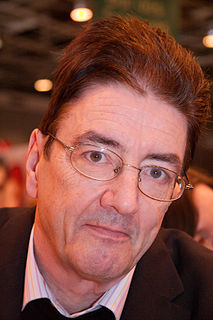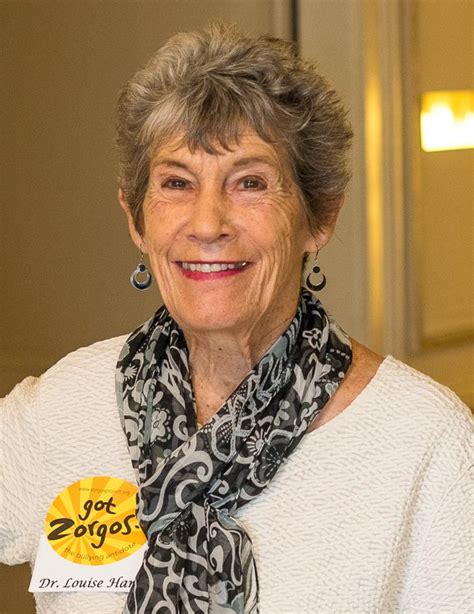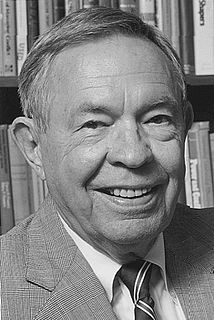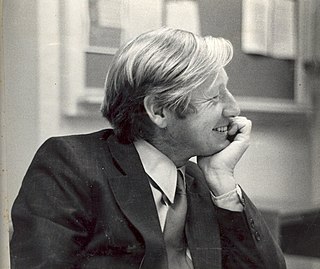A Quote by Neil Postman
If parents wish to preserve childhood for their own children, they must conceive of parenting as an act of rebellion against culture
Related Quotes
Children make you confront your own childhood. Which I think is common. Suddenly you're remembering your own parents as parents, not to mention the fact that you're confronted by them as grandparents. So you also have that terrible shock, a mirror image of your own. You suddenly seem to be so helpless in the face of young children. And you think, "How did you ever bring up me?"
Most people who have grown up introverted in this very extroverted culture of ours have had painful experiences of feeling like they are out of step with what's expected of them. Parenting can pose unique challenges for introverted parents, who fear that their own painful experiences will be repeated in their children's lives.
The first idea of Captain Fantastic was a pretty radically different one. The genesis had to do with parenting and questions about parenthood and fatherhood specifically. I have two kids and I was grappling with what my values were and what I wanted to pass to my children. So I was positing different kinds of parents and different ways of parenting. I played with various ideas - very permissive parenting, very restrictive parenting and then I came up with the character of Viggo Mortensen, and much of it was aspirational, some of it was autobiographical.
An adolescent does not rebel against her parents. She rebels against their power. If parents would rely less on power and more on nonpower methods to influence their children from infancy on, there would be little for children to rebel against when they become adolescents. The use of power to change the behavior of children, then, has this severe limitation: parents inevitably run out of power, and sooner than they think.
Parents still have primary responsibility for raising children, but they must have the power to do so in ways consistent with their children's needs and their own values.... We must address ourselves less to the criticism and reform of parents themselves than to the criticism and reform of the institutions that sap their self-esteem and power.
You must learn to look at people who are angry with you straight in the eye without getting angry back. When children see their parents treating them this way, they then recognize the parents' authority. It speaks louder than words. Their new respect for the parents is as good for them as it is for the parents. It never works to demand respect of children. It must be given willingly as a result of strength of good character in the parents, which is manifested by their non-reaction to stress in the children.



































